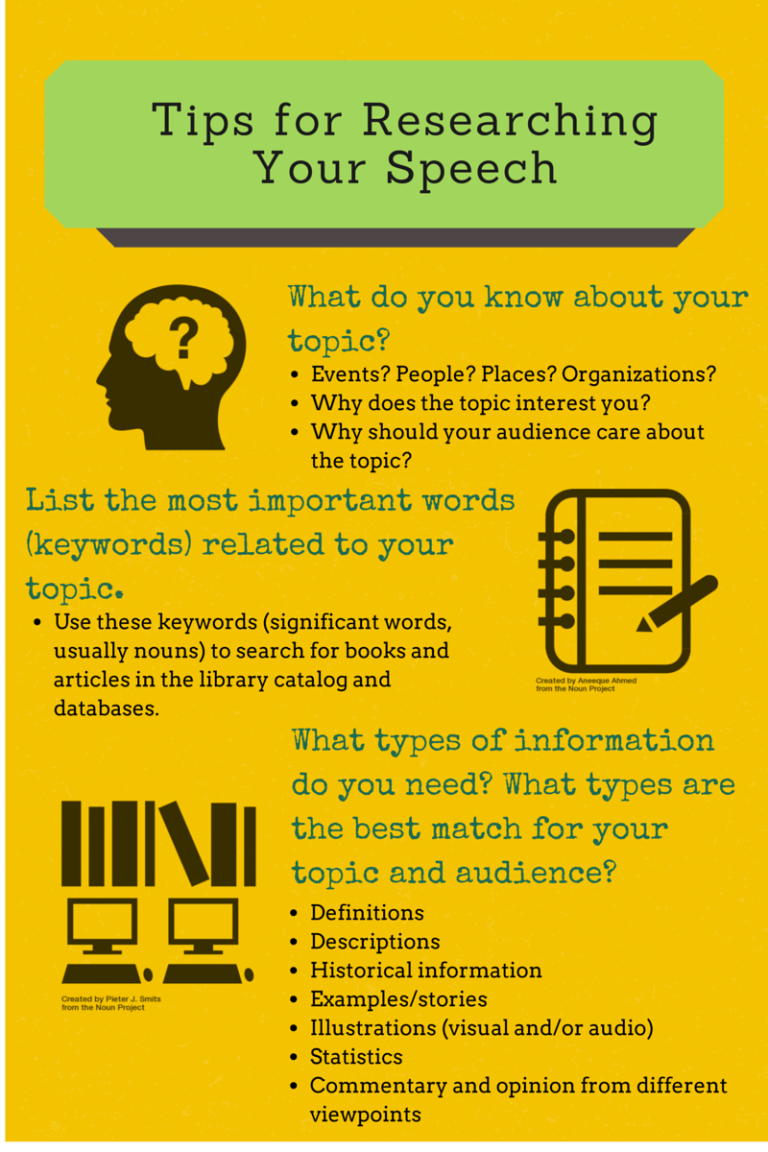Audience Analysis for Your Speech
Audience analysis is crucial for your speech as it helps you understand and tailor your message to the needs, interests, and preferences of your listeners. This article provides practical insights on how to conduct audience analysis effectively, ensuring your speech resonates with your target audience.
Understanding your audience is the first step in delivering an impactful speech. By thoroughly analyzing your listeners, you can determine the appropriate tone, language, and content that will engage and connect with them. Effective audience analysis involves researching demographics, gathering feedback, and observing audience behavior to gain a deeper understanding of their values, beliefs, and expectations.
Armed with this information, you can craft a speech that captivates and persuades your audience, leaving a lasting impression. By knowing your audience inside out, you can confidently deliver a speech that meets their needs and achieves your objectives. Whether you’re addressing a small group or a large crowd, audience analysis is the key to delivering a successful and memorable speech.

Credit: virtualspeech.com
Frequently Asked Questions For Audience Analysis For Your Speech
Why Is Audience Analysis Important For Your Speech?
Audience analysis is crucial for understanding your audience’s needs, interests, and knowledge levels. By tailoring your speech to your audience, you can effectively engage them, address their concerns, and deliver a more impactful message.
How Can Audience Analysis Enhance Your Speech Delivery?
By analyzing your audience beforehand, you can adapt your speech style, language, and tone to resonate with them. This enables you to connect on a deeper level, establish credibility, and deliver a more persuasive and impactful speech.
What Factors Should You Consider In Audience Analysis?
When analyzing your audience, consider demographics, such as age, gender, and education. Additionally, assess their prior knowledge, values, interests, and any potential biases. By understanding these factors, you can tailor your speech to effectively engage and inform your audience.
Conclusion
Understanding your audience is crucial for delivering an effective speech. By conducting a thorough audience analysis, you can tailor your message to resonate with your listeners and address their specific needs and interests. Remember to consider demographics, interests, values, and knowledge level when analyzing your audience.
This will allow you to choose the most appropriate language, examples, and visuals to engage and persuade them. Additionally, being aware of potential biases and prejudices can help you deliver a speech that is inclusive and respectful to all. Taking the time to analyze your audience not only enhances your credibility as a speaker but also increases the likelihood of successfully conveying your message and achieving your speech objectives.
So, invest time in audience analysis and reap the rewards of a well-received and impactful speech.




